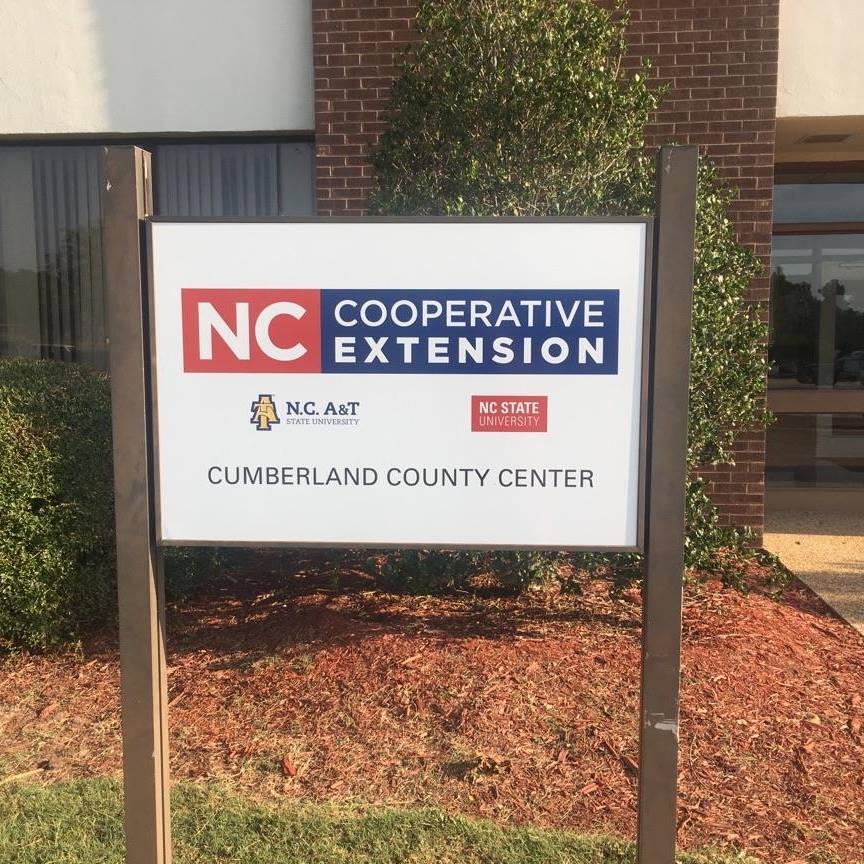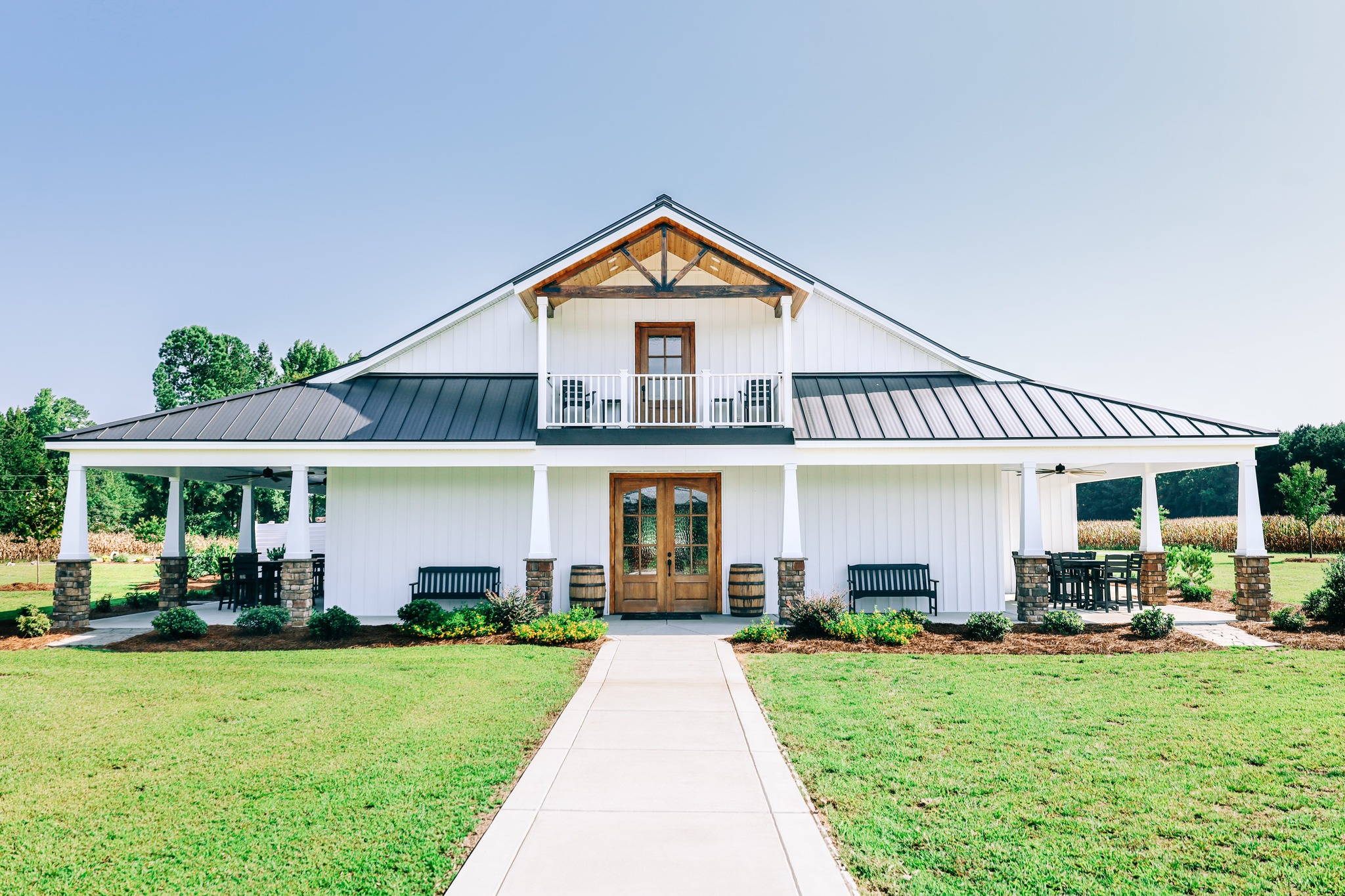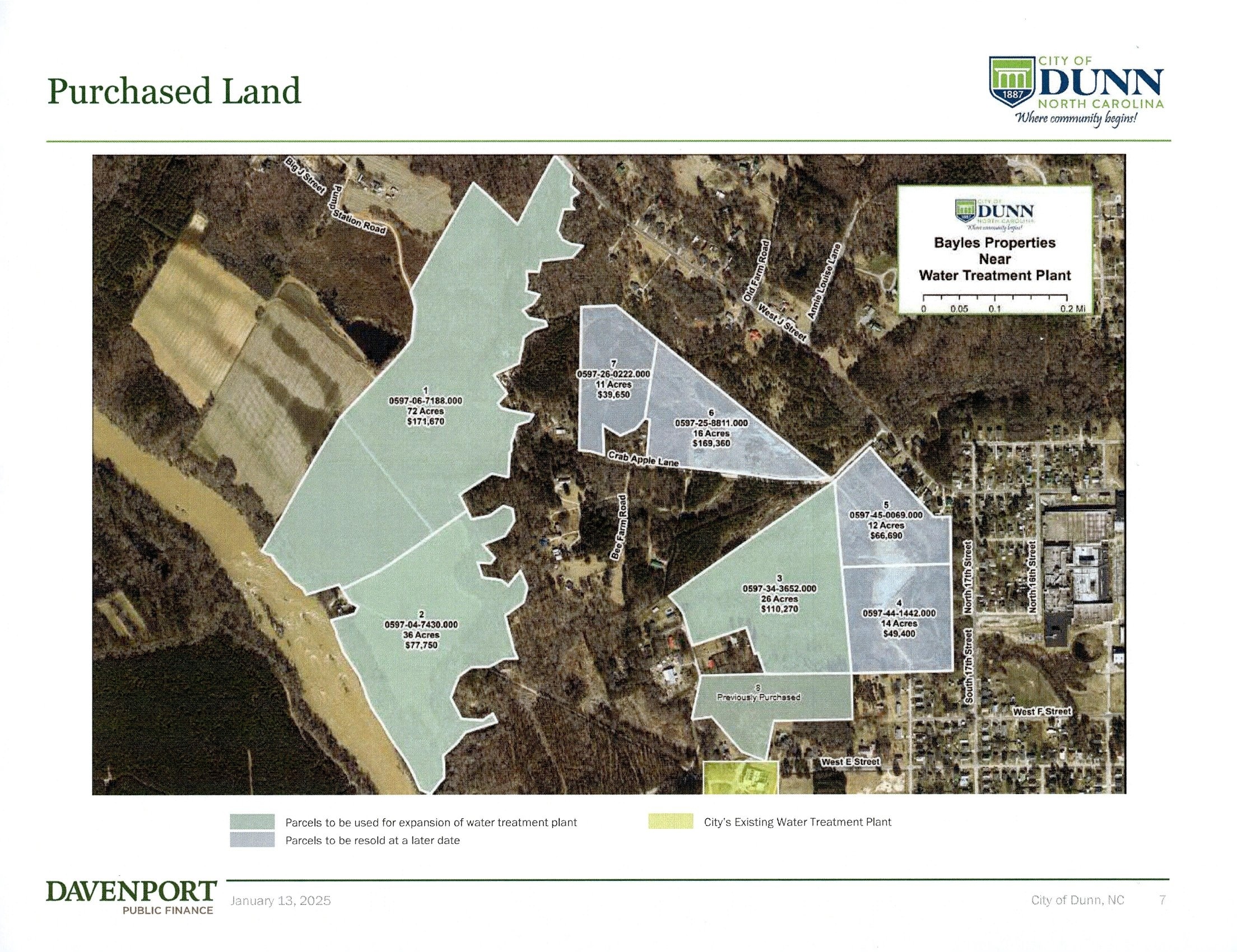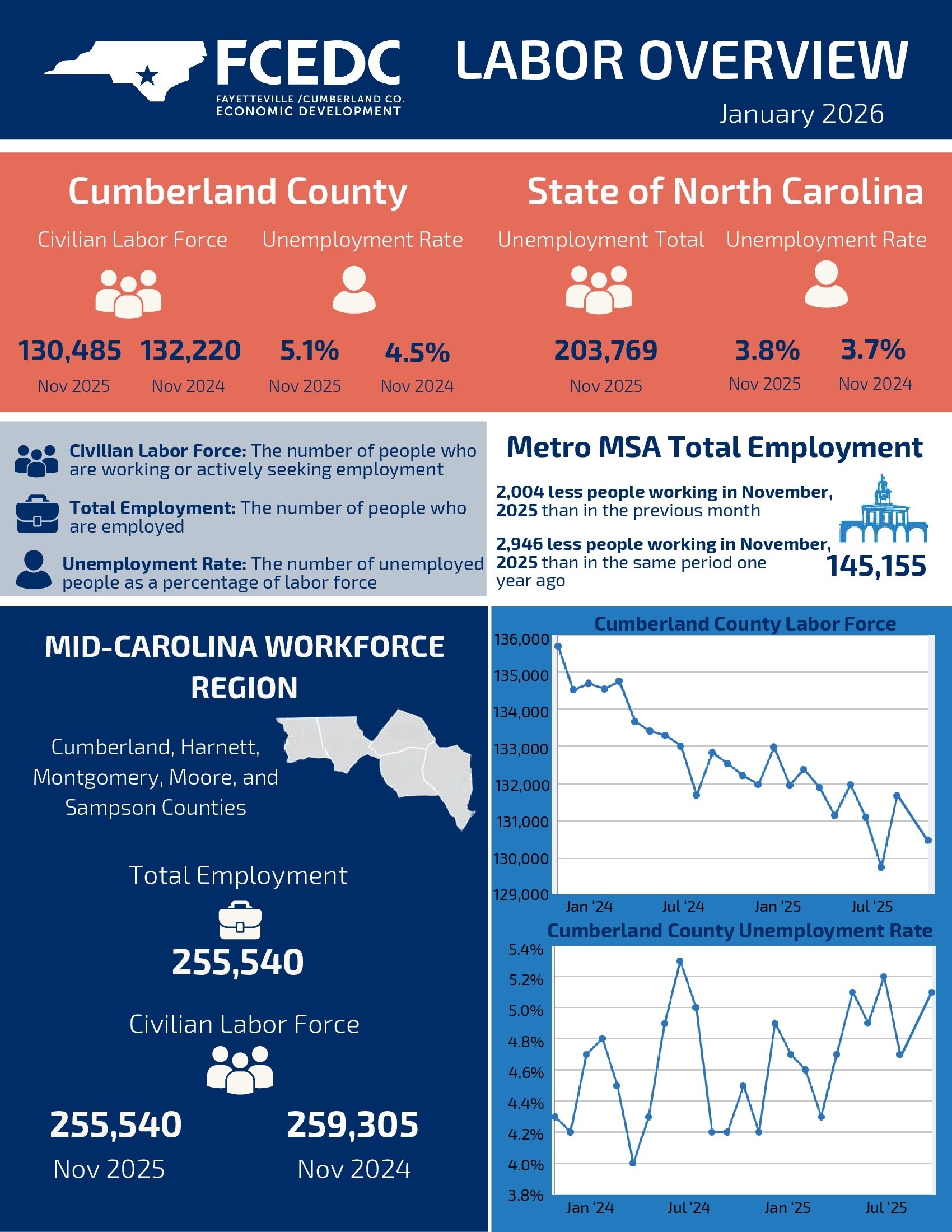
Peak-season soil testing with the fee of $4 per sample is set to take effect Nov. 27, 2024, and will end March 31, 2025. Submitting soil samples to the North Carolina Department of Agriculture and Consumer Services Agronomic Services Lab before the effective date will mean growers and homeowners can avoid the $4 per sample fee.
To avoid peak-season soil testing fees, soil samples must be submitted to the Cooperative Extension office by 5 p.m. on Nov. 18. Samples received by this deadline will be sent to Raleigh and will not incur the peak-season fee. Samples submitted after Nov. 18 may not reach the Soil Lab before Nov. 26, which is when the peak-season fee begins.
Soil sample boxes, instructions and informational forms may be picked up at the Cumberland County Cooperative Extension office, located at 301 East Mountain Dr., Fayetteville, from 8 a.m. to 5 p.m. Monday through Friday.
Growers are highly encouraged to submit soil sample information forms online for faster and more accurate uploading of their information. A copy of the soil sample information sheet is required for soil samples delivered to the North Carolina Department of Agriculture and Consumer Services Agronomic Services Lab.
For more information concerning soil samples, contact the Cooperative Extension office at 910-321-6860 or follow on social media at facebook.com/CumberlandCountyNCCooperativeExtension.

Owners Dana and Tracy Horne planted their vineyard in 2009. In 2019, they introduced their u-pick vineyard, and visitors loved the addition. They’ve also added a 4,608 sq ft. venue available to rent for events. Photo by Emily Grace Photography.Twiste

Mayor Elmore saw the necessity for this land acquisition when he first took office six years ago. The land owner recently came around to negotiations on the condition the sale was for all of his parcels. This is more land than the City of Dunn curren

While the weather outside is cold, the local job market is hot. Fayetteville employers continue to bring on additional talent across a variety of industries.Quality employment opportunities are available at companies across Fayetteville and Cumberlan